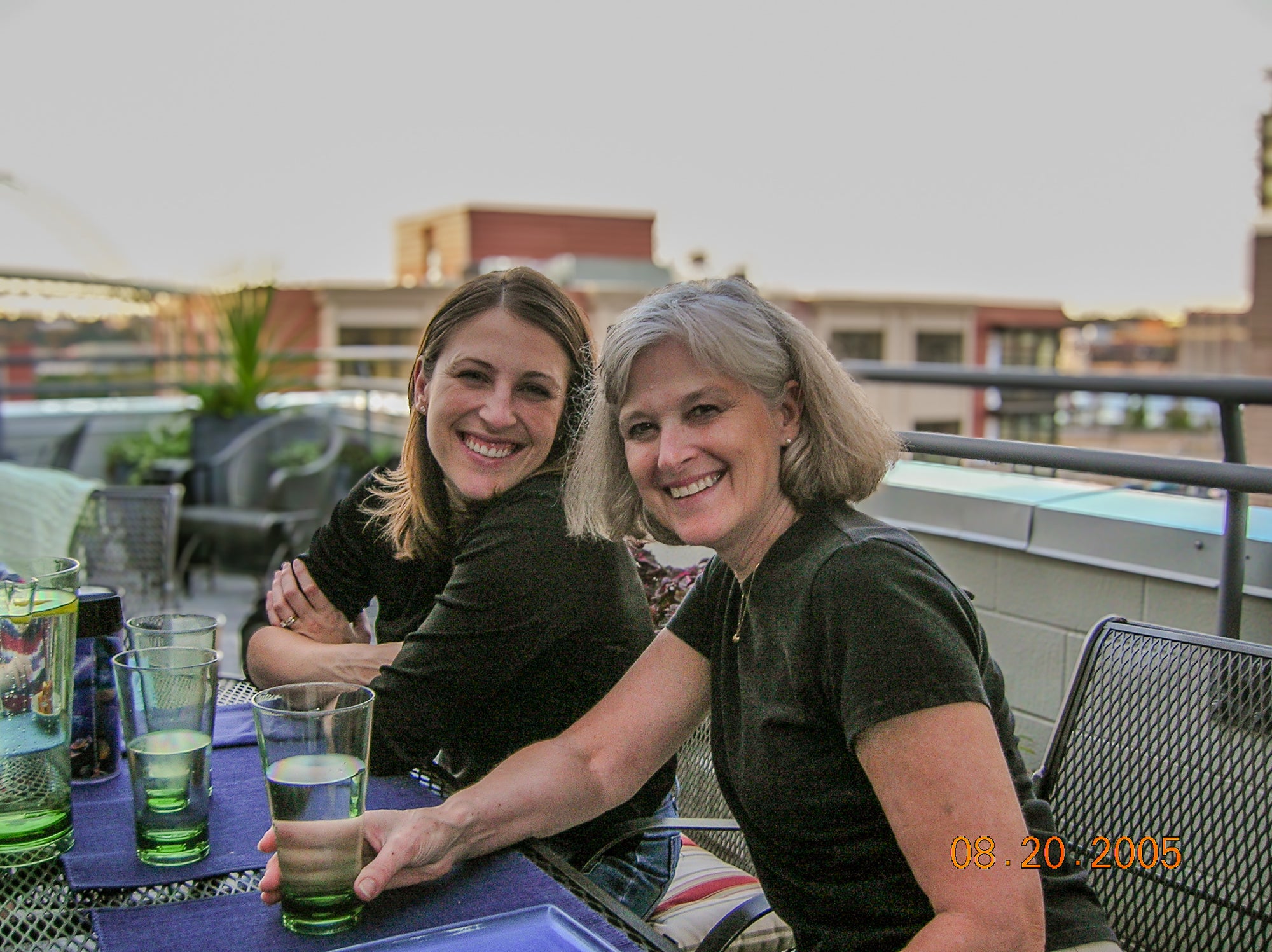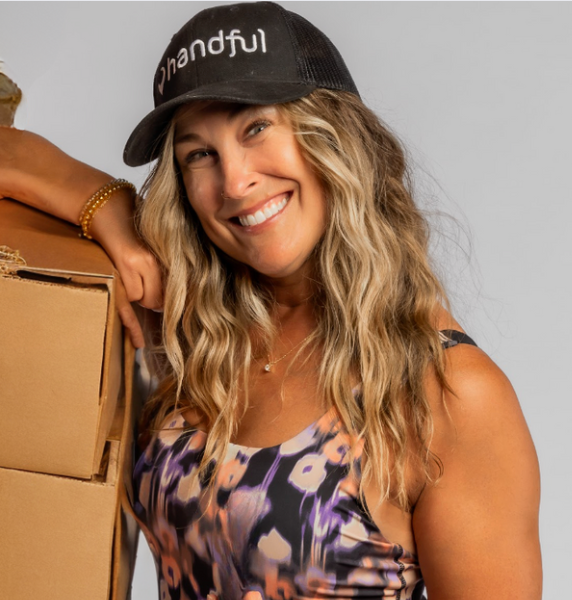Advocating, Anxiety & a Hamster Named Murphy? Meet Jennifer, Breast Cancer Survivor who lives her passion as an Oncology Nurse Navigator, who sat down to answer our questions about her journey.
How long ago were you diagnosed with breast cancer?
I was diagnosed 2/23/2006 (15 years ago!) – I love saying that.
Who did you rely on the most for support and how did they help?
I relied on my family and friends, but more importantly the Young Survivors support group became my home. You can have all of the support in the world from family and friends, but at the end of the day your body is going through a diagnosis by itself. The hamster on the wheel in your head keeps you up at night, incapable of falling asleep, or waking you in a panic to do more research about your diagnosis and chances of surviving. Ironically, other young women who are going through the same thing have the same damn hamster. They are also up at night. And I found that sharing with others kept me from feeling so alone.
How was your breast cancer initially detected?
I found a lump in my left breast on self-exam one night. I had my boyfriend at the time feel it. He said it was nothing. My mind went to the worst-case scenario. He thought I was over-reacting. “Who gets breast cancer at 29,” he said. “I do,” I answered. I called my doctor’s office to be seen. My doctor was away so a different physician saw me. I asked for a mammogram and an ultrasound. He said I was too young and that insurance would not pay for it. I told him I did not care. I would pay out-of-pocket. My paternal grandmother died at 47 of breast cancer. I was not taking any chances. I had a mammogram which did not really see anything. But the ultrasound did. A biopsy was done that same day, and two days later I got the call that it was, indeed, a nasty triple negative breast cancer.
What questions do you think new patients should ask of their doctor?
I feel we as women should always be our best advocates. We can do it for our family, our friends, our kids… so why do we tend to have the hardest time advocating for ourselves? I believe the best questions that can be asked of your physician is “what are my options?”
“Can you provide the data to me that you are referring to when making recommendations for treatment planning?”
“Do you have any clinical trials available" (remember, clinical trials give you the standard of care and then something additional that may be helpful as well).
“What would you recommend if I was your mother, sister, wife, daughter?”- this makes it personal.
“Who would you recommend for a second opinion?”- I think it’s always a good idea to get a second opinion, because you want to make sure you are hearing the same thing. If not, ask why.
What’s something you wished you knew before you started your treatments?
I wished I knew that I was not a number. That I was not lumped into some crazy percentage for recurrence, survival, or death. I remember holding my breath the first couple of years. And then again from years 2 to 5. Just waiting for the other shoe to drop. I could’ve done a whole lot more living during that time instead of worrying. You don’t recur at a certain percent. You either recur or you don’t. Worrying about it does nothing. Researching everything does nothing.
Do you have any advice for others who are just starting their journey?
As for advice to others- get yourself into a support group early on. Don’t be stoic, too prideful, or too afraid to step out of your box and meet others who are also walking this path. Reflecting on the words of another co-survivor… sometimes you need the group, and sometimes the group needs you. Even as a nurse, and someone who thought she could take on the world, I still needed help. Dare yourself to be vulnerable. The outcome may surprise you.
What was the hardest part of it all?
The hardest part (I believe for everybody) is living with a diagnosis. Not thinking that all of the aches and pains you feel from now until whenever are related to breast cancer going somewhere else in your body. It takes the better part of 1-2 full years before you stop looking over your shoulder, waiting for the Grim Reaper to appear again. Tackling the fear-based mindset and the anxiety about upcoming imaging, also known as “scanxiety.” And also, friends and family congratulating you for being “done“ with treatment and expecting you to go back to your old self. That will never happen again. Because a breast cancer diagnosis changes you. It changes your perspective. Your outlook on life and what’s important. You are never done with breast cancer.
Did you find out anything valuable in the process of it all?
The most valuable thing I’ve learned is that time is precious. Don’t waste one minute. You find out who your true friends are. What matters most. What and who you should dispose of in your life, and what and who you should keep in it. You learn to laugh more, cry harder, and to accept what is and is not.
How’s life now, post treatment?
Life post treatment is amazing. The diagnosis led me down a different career path. I love helping others through this journey. I feel things differently and love harder than I thought imaginable. I wouldn’t give breast cancer back. I am better because of it.
How do you cope with the anxiety surrounding a possible return of cancer?
I focus on what is happening in the present. I don’t let myself go down the google rabbit hole to support my crazy thoughts or allow fear to take the wheel. I simply acknowledge the fear is there, but let it know it’s not serving me, and I address it head on. The mind is a very powerful tool. Use it for the better. And tell the hamster (mine is named Murphy) to take a hike when he’s misbehaving. There is no room for chaos and anxiety here. Just recovery and living.


